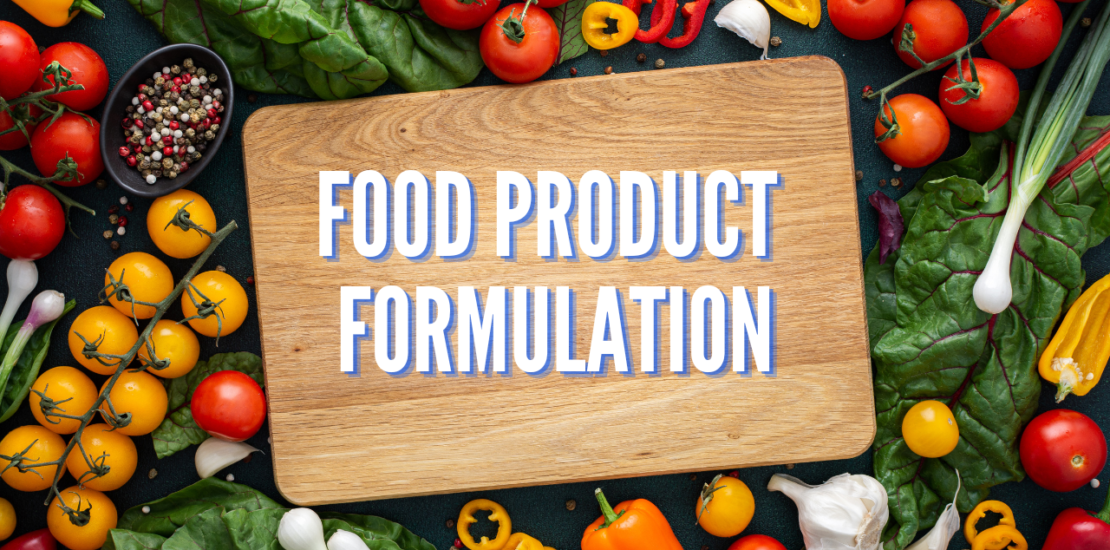7 Simple Steps to Protect Your Food Product Formulation
- June 15, 2024
- Posted by: alignexperts
- Categories: Business plans, Competitive research, Innovation

In the highly competitive food and beverage industry, protecting your product formulation is crucial. Whether it’s a unique flavor combination, a special processing method, or a secret ingredient, your formulation is a valuable asset that can set your product apart in the market. Here are seven simple steps to ensure your food product formulation remains protected.
- Document Everything
The first step in protecting your food product formulation is meticulous documentation. This includes every detail of the formulation process, from the ingredients and their quantities to the specific methods of preparation and storage conditions. Proper documentation serves multiple purposes:
Legal Protection: Detailed records can help establish the originality of your formulation in case of intellectual property disputes.
Consistency: Documentation ensures that every batch of your product is consistent in quality and taste.
Employee Training: New staff can easily learn and replicate the process, maintaining product integrity.
Ensure that all documents are dated, signed, and stored securely, whether digitally or physically. Use encryption for digital documents and restrict access to sensitive information.
- Non-Disclosure Agreements (NDAs)
Non-Disclosure Agreements (NDAs) are essential when sharing your food product formulation with employees, suppliers, and partners. An NDA legally binds the parties involved to keep your formulation confidential and not disclose it to any unauthorized third party. Here are key components of an effective NDA:
Definition of Confidential Information: Clearly specify what information is considered confidential.
Obligations of Receiving Party: Outline the responsibilities of the party receiving the confidential information, including how they should handle and protect it.
Duration of Confidentiality: Specify how long the confidentiality obligation lasts, typically ranging from a few years to indefinitely.
Consequences of Breach: Detail the penalties for breaching the NDA, which can include financial damages and legal action.
Ensure that everyone who has access to your formulation signs an NDA, including temporary staff and consultants.
- Trade Secrets Protection
Classifying your food product formulation as a trade secret can provide robust legal protection. A trade secret is any information that derives economic value from not being generally known and is subject to reasonable efforts to maintain its secrecy. To qualify as a trade secret, you should:
Keep Information Confidential: Limit access to the formulation to only those who need to know.
Implement Security Measures: Use password-protected files, encrypted data, and secure storage facilities.
Regular Audits: Conduct regular audits to ensure that your confidentiality measures are effective.
Unlike patents, trade secrets do not expire as long as the information remains confidential, providing potentially indefinite protection.
- Patents
In some cases, you may consider patenting your food product formulation or specific aspects of it, such as a unique processing method. Patents grant you exclusive rights to use and commercialize your invention for a limited period, usually 20 years. Here’s how to proceed with a patent:
Conduct a Patent Search: Ensure your formulation or process is novel and has not been patented already.
Hire a Patent Attorney: Patent applications can be complex, so it’s advisable to seek professional help.
File a Patent Application: Submit a detailed description of your invention, including how it works and its benefits.
While patents provide strong protection, they also require public disclosure of your formulation, so consider this option carefully.
- Secure Supply Chain Management
Your supply chain can be a potential weak link in protecting your formulation. It’s essential to ensure that all suppliers and partners adhere to strict confidentiality standards. Here are steps to secure your supply chain:
Choose Reputable Suppliers: Work with suppliers who have a proven track record of maintaining confidentiality.
Confidentiality Agreements: Ensure all suppliers sign NDAs and understand the importance of keeping your formulation secret.
Regular Audits: Periodically review and audit your suppliers to ensure compliance with confidentiality agreements.
Additionally, consider diversifying your suppliers to reduce dependency on a single source, which can mitigate risks associated with leaks or breaches.
- Employee Training and Access Control
Employees play a critical role in maintaining the confidentiality of your food product formulation. Proper training and access control are essential:
Employee Training: Educate employees about the importance of confidentiality and the potential consequences of leaks.
Access Control: Implement strict access control measures, ensuring that only employees who need to know the formulation have access.
Monitor and Enforce: Regularly monitor employee activities and enforce confidentiality policies rigorously.
Implementing a tiered access system where different levels of information are accessible to employees based on their roles can further enhance security.
- Regular Reviews and Updates
Protecting your food product formulation is an ongoing process that requires regular reviews and updates. As your business grows and evolves, so should your protection strategies. Here’s what you need to do:
Periodic Audits: Conduct regular audits of your confidentiality measures to identify and address any vulnerabilities.
Update Agreements: Review and update NDAs and other agreements to reflect any changes in your business or formulation.
Stay Informed: Keep up with the latest legal and industry developments regarding intellectual property and confidentiality.
Regularly reviewing and updating your protection strategies ensures that they remain effective and adapt to new challenges.
Conclusion
Protecting your food product formulation is vital for maintaining your competitive edge in the food and beverage industry. By documenting everything, utilizing NDAs, safeguarding trade secrets, considering patents, securing your supply chain, training employees, and regularly reviewing your strategies, you can ensure that your formulation remains confidential and your business thrives. Each of these steps contributes to a comprehensive approach to intellectual property protection, helping you safeguard your most valuable assets.
Leave a Reply Cancel reply
Contact us at the Consulting WP office nearest to you or submit a business inquiry online.

